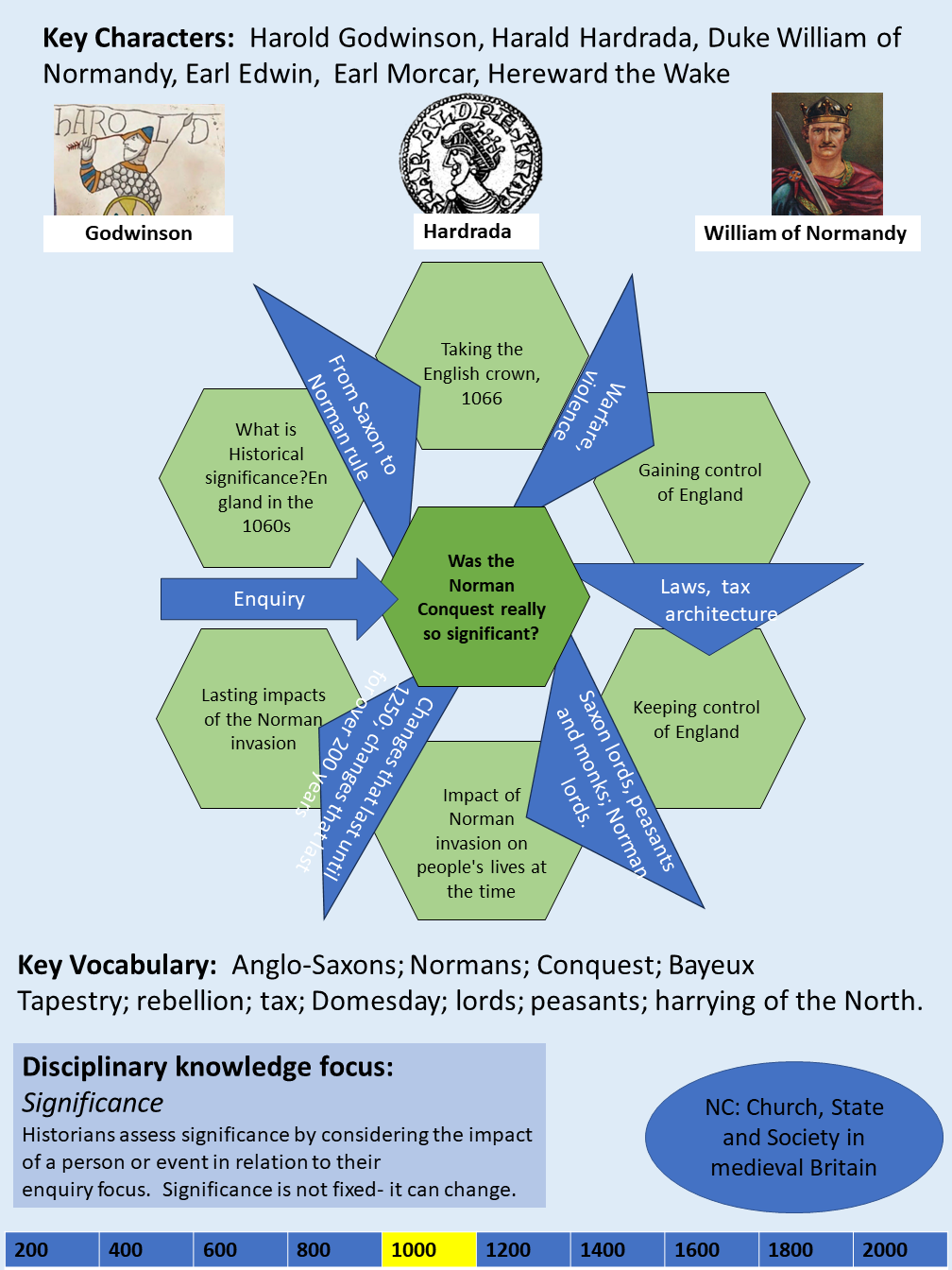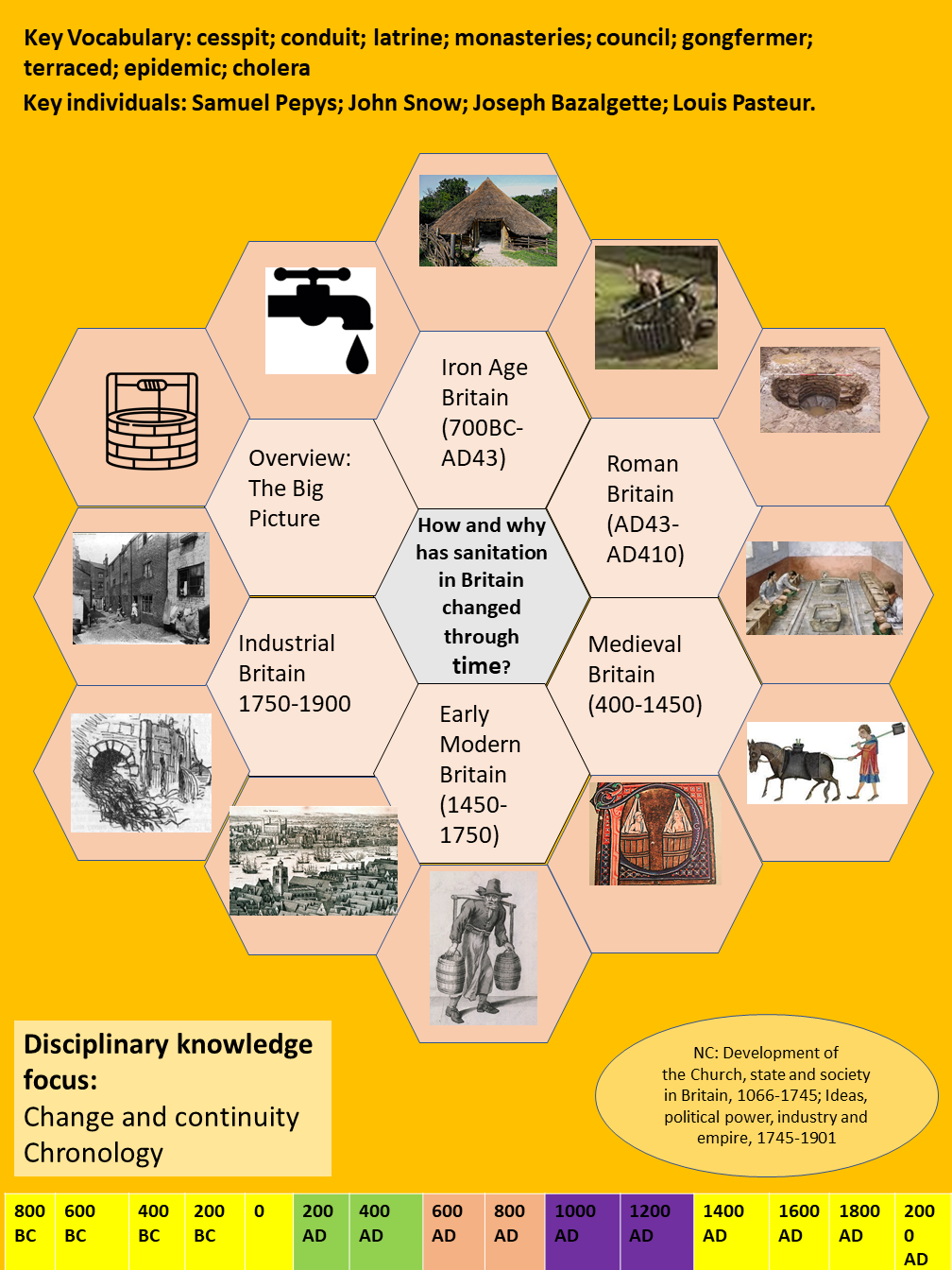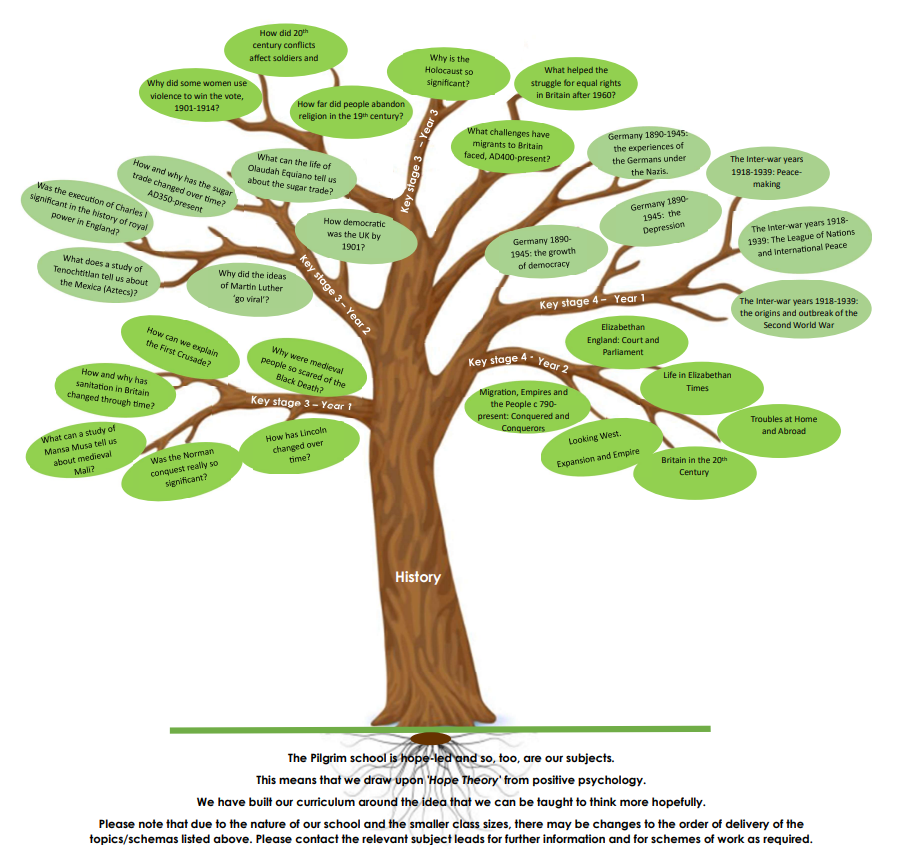History
Introduction
In History we gain an understanding of past societies and individuals. We begin to develop an understanding of how our world, continent, country and locality came to be as they are now. We develop disciplinary knowledge that shows us how Historians find out about the past and learn to apply concepts such as change and continuity, cause and consequence and significance to our analysis of past events. We show how more than one thing can be true at the same time. We look at different perspectives and interpretations.
The substantive and disciplinary knowledge within History at Pilgrim aims to contribute to the delivery of the Hope curriculum and to support the school in its delivery of fundamental British values. The curriculum at Pilgrim embraces individual, local, national and wider-world history supported by our membership of The Historical Association.
History and Hope
Students study individuals who have shown remarkable resilience and strength of will in the face of adversity (sisu) and individuals who have shown deeply caring and nurturing love through their actions (storge). These are the History Department’s Hopeful Heroes.
The focus on disciplinary knowledge gives students the skills to think critically and assess second order concepts such as cause and consequence, change and continuity, significance, similarity and difference. Therefore, the curriculum is giving students the tools to demonstrate eunoia - beautiful thinking.
The curriculum explores connections across time and between peoples, the idea that: “I am who I am because of who we all are.” This is ubuntu.
Finally, we aim to broaden students’ experience of the world and begin to understand its complexity and imperfection. History is essentially an exploration of the unknown, and within this it is hoped, students will find examples of beauty to appreciate, either in the past, or in the present (wabi sabi)
Fundamental British Values (FBV)
During Key Stages 3 and 4 there are many topics that contribute to our students’ developing understanding of FBV. For example, the development of democracy and the rule of law is viewed through the enquiries on the execution of Charles I; how democratic was the UK by 1901; why did some women use violence to gain the vote? Individual liberty and mutual respect link with the enquiry on the struggle for equal rights since 1960. Tolerance of those of different faiths and beliefs is developed through learning about other faiths and cultures, for example in the study of medieval Mali, or Migration into Britain through time. We also ask ‘Why is the Holocaust so significant?’ in KS3. Our GCSE programme extends the study of the Holocaust and of migration.
Goal
Example Schema


Pathways
KS3
We follow a three-year programme and study through a series of enquiries. In each year there is a thematic enquiry and a range of depth studies that enable focused coverage of the key historical concepts. Examples of the enquiries can be seen on the line of sight and sample schemas above.
KS4
GCSE: AQA
Paper One (2 hours) (50%) Understanding the Modern World:
- Democracy and Dictatorship: Germany 1890-1945
- Conflict and tension: The Inter War Years 1918-1939
Paper Two (2 hours) (50%) Shaping the Nation
- · Elizabethan England c1568-1603
- Migration, Empires and the People c.790- present day
Agency
Studying history can lead on to some exciting career options, including:
- Journalism
- Law
- Business
- Politics
- Archaeology
- Marketing
- Teaching

